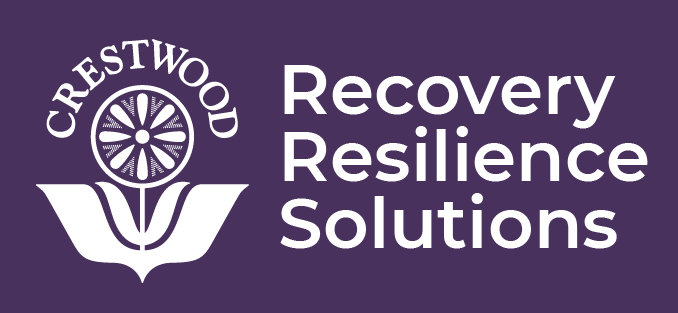Peer Support
How can a behavioral health organization and system optimize recovery, resilience, and wellness outcomes for the youth, adults, and families served?
The answers are so easy to see and often so easy to miss.
- Employ trained individuals and/or family members who have a lived discovery and recovery experience themselves.
- Create a critical mass of specific peer support roles to help the organization and system recover.
- Train the entire organizational staff on recovery principles and practices.
- Train and develop organizational leaders in recovery practices for leaders.
Peer Support Specialists work mutually with people in a positive and hopeful way that enables them to access their own power for their discovery and recovery journeys. Peer Support Specialists do not take on the expert role by trying to fix others or assume they know better than the peers they serve. Peer support work is an amazing career opportunity. It is not “just another job;” in fact, some people even say it is a calling.
“Peer Support is about being an expert at not being an expert, and that takes a lot of expertise.”
The fundamental way to move recovery forward and optimize recovery outcomes is to employ peer support specialists throughout an organization.
“I think this PSL class should be required for everyone who works in the field of behavioral health! I have discovered a new way of being with people.”
– Student J.S., Health & Hospitals, NYC
Historical Roots of Peer Support
In a 1793 letter, the superintendent of the Bicetre Hospital in Paris, Jean-Baptiste Pussin, advised his director, Dr. Philippe Pinel about the condition of the asylum when he wrote “As much as possible, all servants are chosen from the category of mental patients. They are at any rate better suited to this demanding work because they are usually more gentle, honest, and humane.” This promising practice that started in France may have included the world’s first peer support specialists, but somehow became largely forgotten about until the late 20th Century.
Training and hiring people in recovery (peers) to work in a locked mental health setting was considered radical during Pinel’s 19th Century France. The mental health world would even have considered it radical one century later. Throughout the 1900’s and with varying degrees of success, individuals and groups advocated to include peers as staff in psychiatric treatment facilities. But it wasn’t until the 1970’s that peer voices calling for the hiring of peers in the mental health workforce got more attention. Fifty years later, progress in training and hiring peer support specialists has happened but not enough. And in some places, it has not happened at all.
